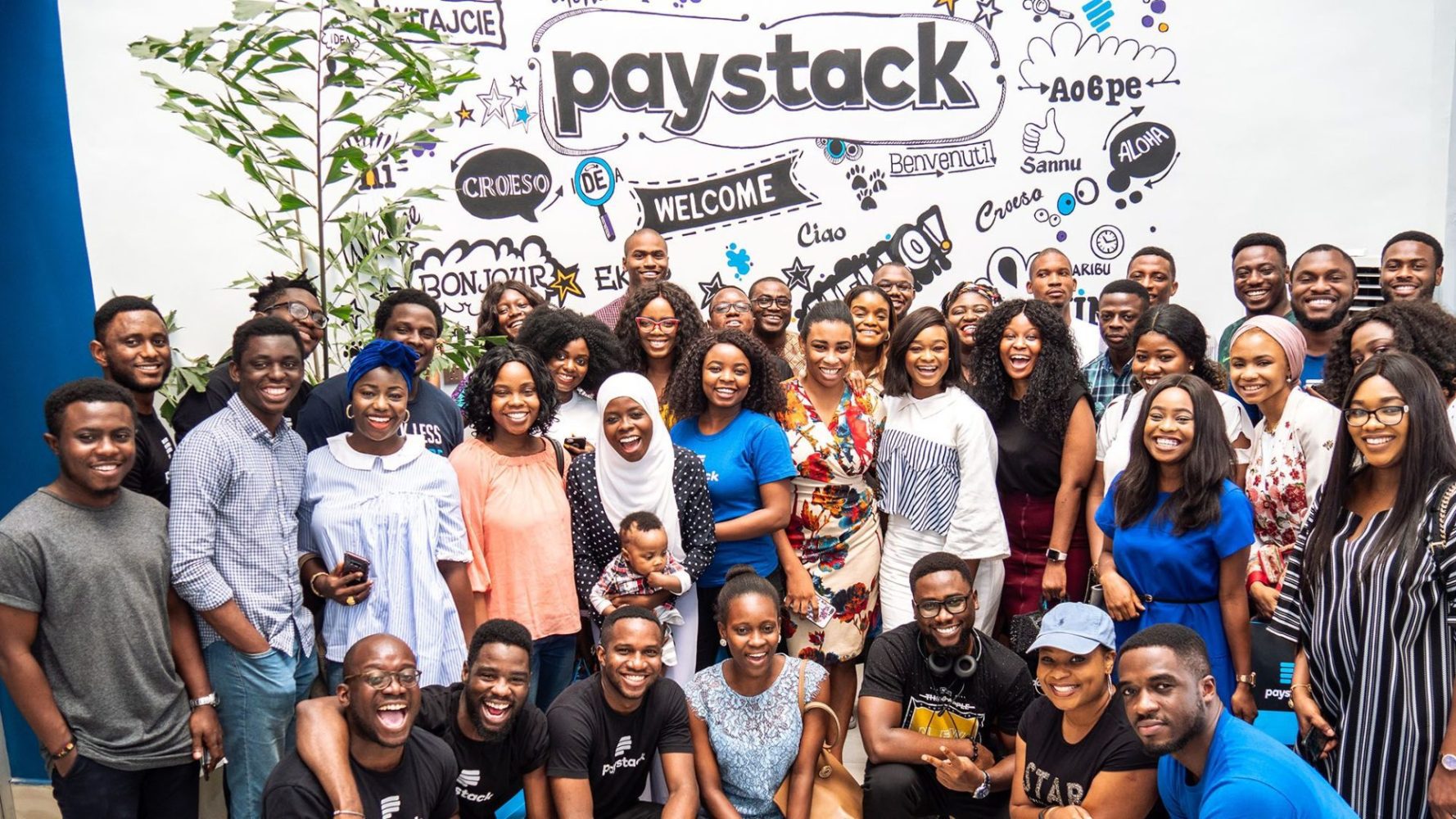Paystack Lays Off 33 Employees In Operational Shakeup

Paystack, the prominent Nigerian fintech startup notably acquired by Stripe in 2020, is trimming its workforce, Shola Akinlade, the company’s Co-Founder/CEO has revealed.
Akinlade announced a significant operational shift at Paystack via Twitter today, highlighting a strategic redirection that involves scaling down operations outside of Africa. In the tweet, the CEO indicated that up to 33 employees across Europe and the UAE will be affected as part of this restructuring.
“In the last 3 years, our hiring philosophy was to recruit great talent regardless of location,” Akinlade writes. This strategy included the establishment of an engineering hub in Dubai. However, the company is now pivoting its operational model to prioritize situating team members within the markets it serves. The aim is to enhance localization of costs and foster closer proximity to customers, aligning with the evolving dynamics within the fintech landscape, the CEO explained.
In a gesture aimed at mitigating the impact on affected employees, Paystack emphasized its commitment to alleviating disruption in their lives. The severance package offered encompasses various benefits, including four months’ salary, accelerated equity vesting, and a three-month extension of health insurance coverage, among other provisions.
Today was a difficult day at Paystack.
We’re reducing our operations outside of Africa, and will be parting ways with up to 33 employees in Europe and the UAE.
In the last 3 years, our hiring philosophy was to recruit great talent regardless of location, including opening an…
— shollsman (@shollsman) November 16, 2023
This strategic realignment signifies a conscious shift in Paystack’s approach, reflecting an industry-wide trend of recalibrating operations amidst the ongoing reset in global tech markets. The move to localize talent aligns with the broader narrative of companies reassessing their global footprint to optimize resources and deepen connections with local markets.
Founded in 2015 by Akinlade and Ezra Olubi, Paystack emerged as a pioneering force in Nigeria’s fintech landscape, offering a modernized payment infrastructure tailored to African businesses, enabling them to accept payments via credit card, debit card, money transfer, and mobile money, directly from their website or mobile app.
The company, a Y Combinator alumnus, quickly gained recognition for its user-friendly payment solutions that catered to the complexities of the African market where it serves over 60,000 corporations and businesses. In the years since the landmark USD 200 M acquisition of Paystack by Stripe, the startup has expanded its product stack and launched in new markets, notably entering South Africa, as well as Egypt, Ivory Coast and Rwanda most recently.
In some ways, the layoffs, Paystack’s first publicly announced downsizing effort, come against the run of play, though it mirrors wider industry trends. Stripe, Paystack’s parent, reduced its headcount to about 7,000 employees as it let go of 14 percent of its workforce (1,100 people) last November and laid off dozens more in June. Overall, the tech industry has seen more than 240,000 jobs lost in 2023, a total that’s already 50 percent higher than last year and growing.
As tech investors take the more cautious route in a subdued market environment, Africa’s startup scene is feeling the pinch of a funding slowdown after years of consistent growth. The capital crunch has forced tough calls in some cases, triggering strategy tweaks and spending cuts (most commonly in the form of layoffs and pay cuts), as well as the shuttering of some companies and divisions.
With investors asking tougher questions and taking a harder look, fundraising difficulties and uncertainties around capital and earnings have caused upheavals at several companies. Since last year, over 1,000 people have been laid off at African startups, including fintech unicorns Wave and Chipper Cash, in addition to compensation reductions.
Cost-cutting measures in the form of budget cuts and market exits have also come into play; Ugandan super app SafeBoda and South African online cleaning platform SweepSouth are notable examples having backed out of multiple countries in the last few months.
While it’s uncertain how long the current bearish market sentiments and macroeconomic conditions will last, there are encouraging signs that dry powder is on the other side as there has been an uptick in Africa-focused fund allocations lately. In the meantime, the reset is re-energising much-needed focus on good corporate governance, clean cap tables and capital efficiency.